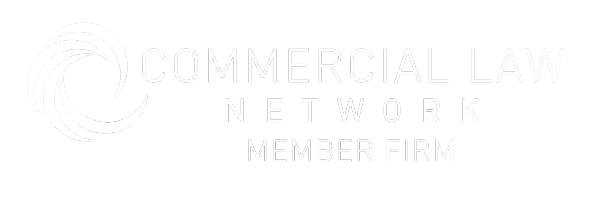Bereavement is never easy. Losing a friend, family member, or loved one can be an emotionally charged time that leaves it difficult to think clearly and act effectively. However, if you have been tasked with the responsibility of settling the deceased’s estate, it’s vital that you don’t let emotion get in the way of what can often be a complex process. There are particular legal procedures which can appear confusing and overwhelming. Many people are left wondering: how do I deal with the estate of a loved one after they have passed? We’re here to guide you through the process and offer assistance in what can be an emotionally trying time. Let’s find out more.
Check the Will
One of the first things you need to do in the event of a loved one passing away is to check if they have left a will. If they have, the executor and beneficiaries will be named in the will, while there will also be instructions for what the deceased wishes to happen to their property and assets. Checking the will is a crucial step in the management of a deceased person’s estate, it can serve as a set of instructions to guide you through the process.
Are You the Executor?
The executor is definitely the person that will be asking “how do I deal with the estate of a dead person?” The executor is the person legally responsible for settling all of the deceased’s money, possessions, and property. As the executor, you are responsible for all of these assets until they have been passed on to the beneficiaries outlined in the will of the person who has died, a timeframe is known as the administration period. During this period, you may have to settle the deceased’s debts, pay any taxes due, sell assets, and report the value of the estate to HMRC.
Paying Debts
If the deceased has any debts left behind after they have passed, you as the executor will be responsible for settling them. This will include things like unpaid bills, overpaid benefits, and unpaid taxes.
Selling Assets
The executor will also be responsible for selling the deceased’s assets and property. This can also include things like any shares or investments the person may have held when they were alive. However, it’s important to remember that selling assets may incur Capital Gains Tax if the assets have increased in value since the time of the deceased’s passing or since they were valued for Inheritance Tax. Any assets that continue to generate income are still subject to Income Tax until such as time as they have been distributed among the beneficiaries.
Reporting to HMRC
If the estate had tax to pay during the administration period you may need to report the value of the estate to HMRC. This step may also be required if the value of the estate meets a certain threshold or if it generated income during the administration period.
Passing Estate on to Beneficiaries
The final step in the process is to distribute the estate among the beneficiaries named in the will, after which the executor’s role is finished. However, this should only be done once the value of the estate has been used to settle any outstanding debts, bills, or taxes. Final accounts should be written which will document the confirmation of paid inheritance tax, receipts for settled debts, and confirmation that the beneficiaries have received what they were due.
Conclusion
When wondering how do I deal with the estate of a lost loved one, don’t make bereavement any more difficult than it already is. Dealing with the estate of someone who has died can be complex and time-consuming, but with the correct planning and preparation, the procedure should be smooth and issue-free. Use the advice we’ve outlined in this guide to help you through the process.


